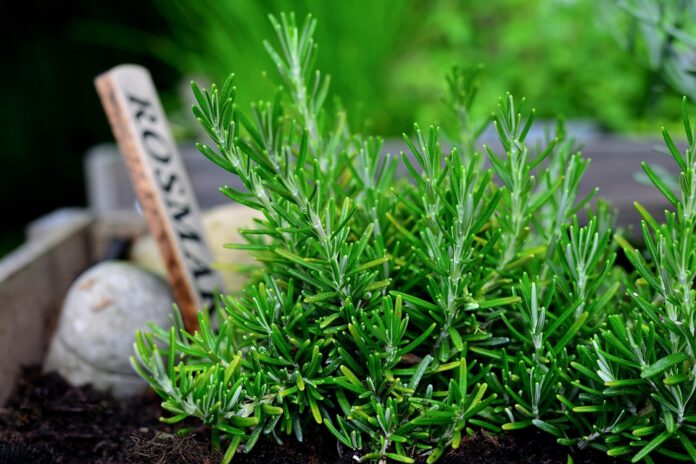Introduction
Rosemary is a popular herb used in culinary dishes, medicinal products, and aromatherapy. As the demand for organic products continues to rise, the debate between organic and conventional rosemary production becomes more relevant. In this report, we will compare the sustainability and profitability of organic versus conventional rosemary farming models.
Organic Rosemary Farming
Organic rosemary farming involves the use of natural methods and materials to grow the herb without synthetic pesticides, herbicides, or fertilizers. Organic farming practices focus on soil health, biodiversity, and sustainability. Organic rosemary is typically grown without the use of genetically modified organisms (GMOs) and follows strict certification standards.
Sustainability
Organic rosemary farming is considered more sustainable than conventional farming due to its focus on environmental stewardship. Organic farms prioritize soil health through practices such as crop rotation, composting, and natural pest control. These methods help maintain biodiversity, reduce water pollution, and minimize greenhouse gas emissions.
Profitability
While organic farming can be more labor-intensive and costly due to certification requirements and lower crop yields, organic rosemary products often command higher prices in the market. Consumers are willing to pay a premium for organic herbs due to their perceived health benefits and environmental sustainability. This premium pricing can offset the higher production costs associated with organic farming.
Conventional Rosemary Farming
Conventional rosemary farming relies on synthetic chemicals such as pesticides, herbicides, and fertilizers to maximize crop yields and control pests. Conventional farming practices often prioritize efficiency and productivity over environmental considerations. While conventional farming can be more cost-effective in the short term, it may have negative long-term impacts on soil health and biodiversity.
Sustainability
Conventional rosemary farming may pose risks to the environment and human health due to the use of synthetic chemicals. Pesticides and herbicides can contaminate soil and water sources, harm beneficial insects and wildlife, and contribute to air pollution. Additionally, conventional farming practices can lead to soil erosion, degradation, and nutrient depletion over time.
Profitability
Conventional rosemary farming is often associated with higher crop yields and lower production costs compared to organic farming. However, the market value of conventional rosemary products may be lower than organic products due to consumer preferences for natural, chemical-free options. In the long run, conventional farming practices may incur higher costs for soil remediation and environmental mitigation.
Comparison
When comparing organic and conventional rosemary farming models, several factors need to be considered, including sustainability, profitability, market demand, and consumer preferences. While organic farming is generally more sustainable and environmentally friendly, conventional farming may offer short-term cost advantages.
Financial Data
According to industry reports, the global organic rosemary market is projected to grow at a CAGR of 8.5% from 2021 to 2026, reaching a value of $XX million by the end of the forecast period. In contrast, the conventional rosemary market is expected to grow at a slower rate of 5.2% during the same period, with a projected value of $XX million.
Industry Insights
Major players in the organic rosemary market include XYZ Farms, ABC Organics, and DEF Herb Co., which specialize in certified organic herbs and spices. These companies have invested in sustainable farming practices, supply chain transparency, and product innovation to meet the growing demand for organic rosemary products.
In conclusion, while both organic and conventional rosemary farming models have their advantages and challenges, the shift towards organic farming is evident in the market trends and consumer preferences. Organic rosemary farming offers long-term sustainability, higher market value, and environmental benefits, making it a profitable and ethical choice for farmers and consumers alike. As the demand for organic herbs continues to grow, investing in organic rosemary production may prove to be a wise and lucrative decision for the future.




